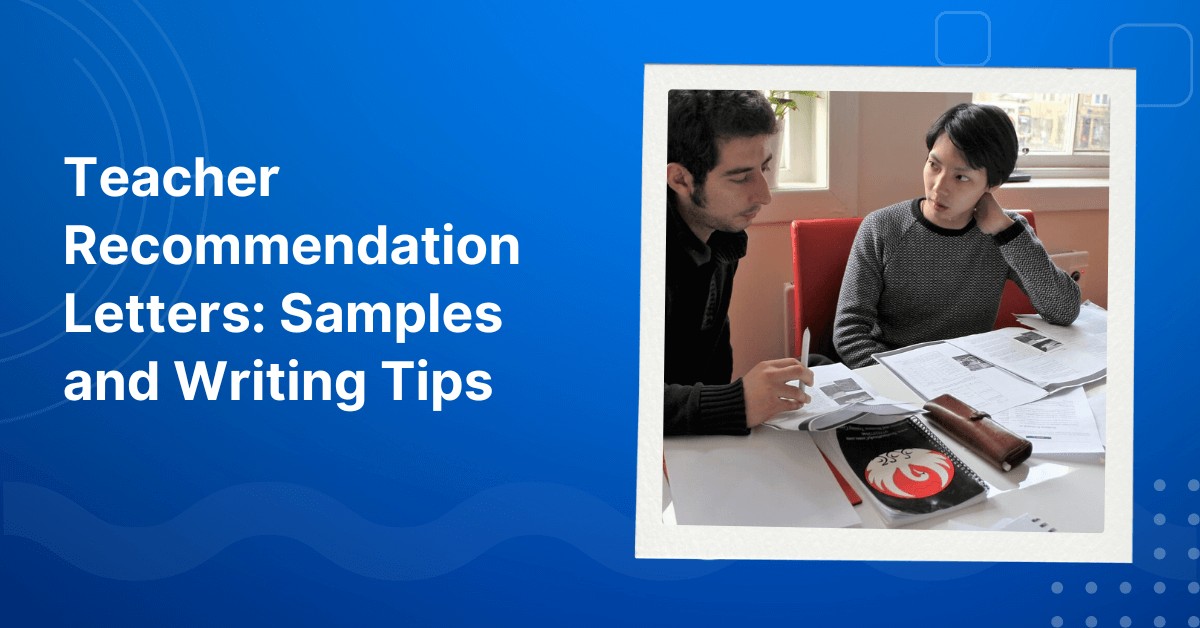When you first start teaching English as a foreign language, things seem relatively straightforward and your main focus is on remembering the various grammatical terms and working out how to use your course book to your advantage.
However, once you have been teaching in Vietnam for a while then you will realise that teaching English has in fact, many different facets and that through taking additional courses and gaining new experience, you can specialise, develop knowledge and potentially improve your salary.
But where to start? This article is the first part of a series that enables you to learn more about the different types of TEFL teaching so that you can make informed choices about your specific career path.
Main areas of teaching English
So, what are the different facets of teaching English in Vietnam? Although there are a multitude of different types, in general, the main areas are:
- Exam preparation classes (IELTS / TOEFL)
- Young learners / very young learners
- Teenagers
- Adults
- English for specific purposes – which can be split into:
- Business English
- English for academic purposes
- English for tourism and hospitality
- Medical English
- Legal English
- Aviation English
Exam preparation (or Test-prep) – IELTS and TOEFL Tests
The two main examinations are TOEFL and IELTS
There are various exams, however, the two most common are IELTS (International English Language Testing System) and TOEFL (which stands for Test of English as a Foreign Language)
As a general rule, people are interested in these exams since they wish to study or live abroad or need a certain professional level of work purposes.
This means that the students taking these exams as a general rule are quite well motivated as they have a specific goal, however, this also means that teaching for an exam is quite intense since your input is essential to their future success or failure.
It is important to note that IELTS uses British English and that TOEFL uses American English. Although it is possible for an American to teach IELTS and a British teacher to teach TOEFL, you do need to be aware of the differences between the two.
As a general rule, the main differences occur with :
Pronunciation – Americans and British say some words with differences in letters as well as the way parts of the words are stressed and the use of intonation.
Spellings – there are various different spellings e.g. colour/color as well as various differences with prefix and suffix word forms
Vocabulary – there are quite a few differences between American and British English in relation to a variety of nouns e.g. tap/faucet, trousers/pants etc. as well as with phrasal verbs.
 IELTS uses British English and TOEFL uses American English
IELTS uses British English and TOEFL uses American English
If this is something that you are interested in specializing in, then it is possible to enroll on a variety of courses to learn more and become acquainted with the exam format, however, a professional qualification is not needed.
There are a lot of books in the marketplace that focus on exam preparation, which is very useful if you are an exam teacher since you are able to use the exercises and worksheets as ready-made material.
In addition, both IELTS and TOEFL have their own websites where you can get a lot of additional information as well as a range of resources for teaching English. Information about TOEFL can be found at ETS Home and IELTS information can be explored at the British Council website – British Council | Take IELTS
The IELTS and TOEFL have very specific formats and a variety of aspects, so as your role as an exam preparation teacher, you also need to make sure that:
- You clearly explain the different aspects of the exams so that when they come to actually take the test there are no surprises.
- You practice using the same format as the exam so that in addition to the content, students become accustomed to the setup of the exam paper.
- You practise exercises using a set time format so that students get used to writing/speaking/answering questions at a certain pace and with a certain amount of pressure when teaching English.
- You offer notes and consistently review. Although students may appear to understand something at the time, it is vital that the information is embedded in the student knowledge- so notes to support them whilst at home and whilst revising are important.
- You support students with concerns and worries- in addition to being the English teacher, in an exam class, students need encouragement and strategies as to how to revise, form a study plan, how to approach the exam etc.
So if this is the route that you are interested in, investigate the websites to gain further basic knowledge and old examination papers and decide if you have the correct personality and teaching style for this type of teaching English.
In the next section of this series we will be exploring they key aspects of teaching young learners, very young leaners, teenagers and adults.
Are you facing difficulties in finding and securing teaching positions in Vietnam? Are visa procedures causing you trouble? Feeling overwhelmed and directionless upon your arrival in Vietnam for teaching assignments? Don’t worry, VTJ’s English Teaching Placement in Vietnam (EPIV) Program 2024 provides comprehensive support to solve ALL the matters.
👉👉👉 Click HERE to request free consultation



